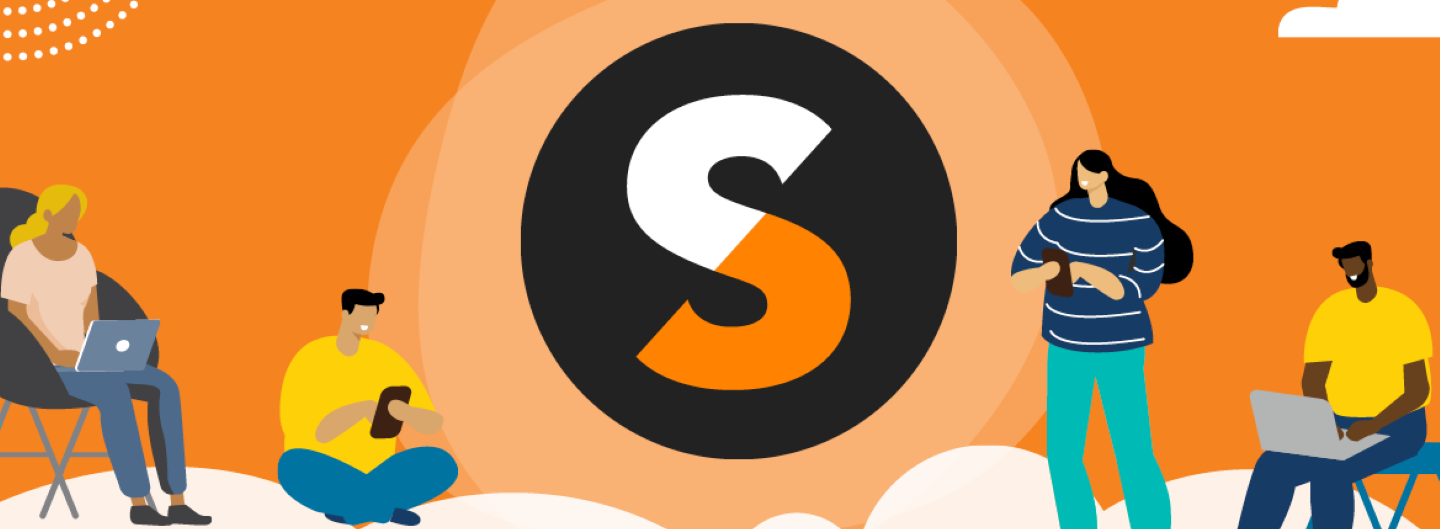How do civil society organizations handle data? How do they keep it safe? And how did the COVID-19 pandemic impact data practices in the sector?
These were among the questions that researchers asked nonprofits around the globe as part of the TechSoup Data Handling and Digital Readiness Global Study. Fielded in the summer of 2020, the study was a massive undertaking — a global research study of civil society organizations, one of the largest ever fielded. It led to some interesting insights into the data handling practices and digital readiness among nonprofits. It also helped to identify ways that organizations like TechSoup can help nonprofits advance their digital transformation journeys and enhance the positive impact we all can have on this critical sector of society.
The study was commissioned by TechSoup and supported in part by a generous grant from Okta for Good. It surveyed 11,758 civil society organization technology decision makers in 135 countries and across 41 languages. To further explore insights from the survey, check out our detailed report (PDF), which takes a deeper dive into the data.
Key Findings
Thanks to our partners, the survey touched every corner of the globe and collected a vast amount of data on IT resources, digital readiness, data management, and the impact of COVID-19. These are some key findings:
- Tech Budgets: IT budgets are typically low but are expected to increase within the next two years. Most IT product and service decisions are made at the staff level, with a median purchase size of $375 requiring approvals. The number of employees working on an IT team is limited, and on average, volunteers outnumber paid IT staff.
- Transition Readiness: A quarter of nonprofits have a defined strategy for achieving digital readiness, and about half of those have the resources to implement their strategy. Top barriers to digital adoption, digital improvement, and data management are cost, staff training, and availability.
- Data Handling: Most organizations collect beneficiary, donor, and finance data. Across data types, cloud-based data storage is now the most frequently used option.
- Killer App: Organizations rely upon spreadsheets to handle all aspects of data handling, including collecting, storing, and sharing data.
- Pandemic Pivot: The large negative impact of COVID-19 affected workstreams across organizations — prompting rethinking of how they work. Most program delivery, fundraising, and marketing were negatively impacted, while internal communications improved. COVID-19 prompted digital adoption mostly in cloud-based apps, followed by hardware and desktop apps.
- Nonprofit Needs: The adoption of cloud-based services, cybersecurity tools, and other digital resources could be accelerated by number of factors. These include increased funding, access to IT consultants and staff to facilitate digital transformation, staff skills development or training, and increased awareness of digital tools available.
"Okta for Good is proud to have sponsored this global research project that has provided valuable insight into the digital needs of nonprofits," said Erin Baudo Felter, vice president of social impact and sustainability at Okta. "The scope and scale of this study reveals a sector that is making significant progress but needs better tools and programs to thrive in an increasingly digital world."
To connect with a rich variety of nonprofits around the globe, including frontline organizations that are doing some of the most critical work, TechSoup worked with an inspiring group of survey distribution partners. These included the TechSoup Global Network, BoardSource, Centre for Social Impact and Philanthropy, Civicus, Institute for the Development of Social Investment, Technology Association of Grantmakers, RNW Media, Transparency and Accountability Initiative, and WINGS.
Beyond Rhetoric and Conventional Wisdom
Where do we go from here? To further explore insights from the survey, TechSoup will convene a series of workshops with key stakeholders from civil society, foundations, government, business, and the TechSoup community. In addition, we will build a dashboard to share the data so others can conduct their own inquiries and add to the collective benefit to the sector.
My colleague Chris Worman, vice president of alliances and program development at TechSoup, described the study as "an important first step in going beyond the rhetoric and conventional wisdom about nonprofits and technology." That strikes the right note. This baseline understanding of the sector will help us build the programs that will most effectively support the digital transformation of civil society. That transformation is critical to the long-term success of the sector — and the communities it serves.
Questions? Please contact us at pr [at] techsoup [dot] org.








